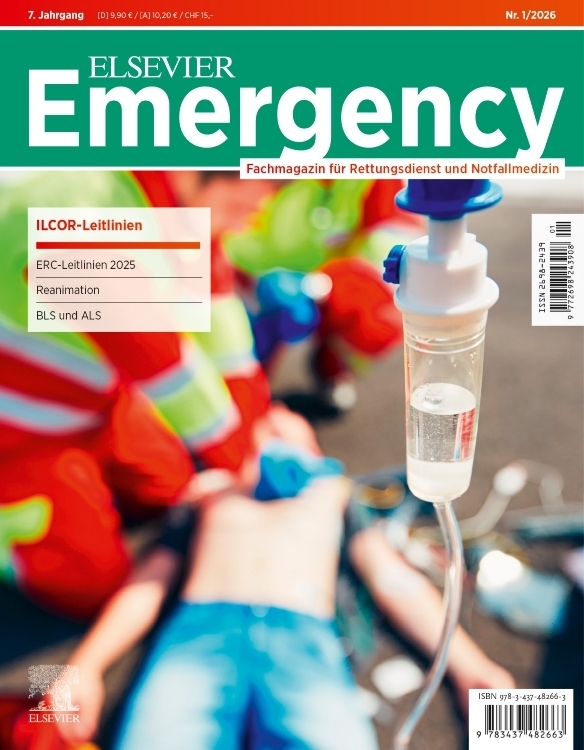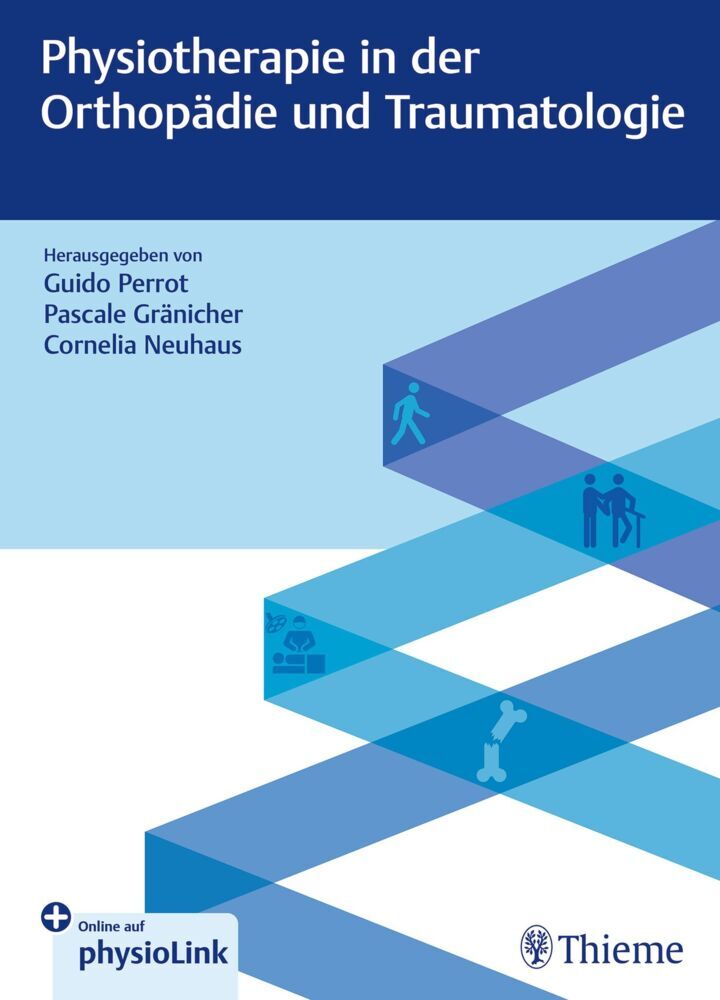Chronic Care - Science and Practice
Chronic Care - Science and Practice
The importance of a professionally and practically appropriate healthcare system for people with chronic illnesses especially those with multiple chronic conditions is undeniable in light of demographic changes and the increasing number of older adults with limited everyday competence. Although the German Enquete Commission on "Demographic Change" identified requirements and proposed solutions as far back as thirty years ago, there are still significant gaps in both scientific research and practical healthcare provision. This handbook aims to help close these gaps. It brings together various professional perspectives, highlights the interfaces and tools for collaboration among the different professional groups and healthcare institutions involved in care, and presents methods for care planning and development across diverse care settings and arrangements.
Therefore, the handbook is suitable for practitioners involved in direct patient care as well as for those engaged in healthcare planning. At the same time, it is intended for students, researchers, and educators in the field of Chronic Care Sciences and related disciplines, such as medicine, nursing, therapy sciences, social sciences, and social work.
I Introduction
Why a Handbook on Chronic Care?
What is Chronic Care? Perspectives from science, research, education, and practice
Transdisciplinarity Chronic Care as a transdisciplinary field
Chronic Care as a multiprofessional practice field with profession-specific approaches
II Individual Level: medical aspects, theories of illness, illness experience, coping with illness, practical concepts
Morphology of chronic diseases
Prevalence of chronic diseases
Etiology of chronic diseases
The masticatory system and chronic diseases
Multimorbidity and chronic diseases
Effects of chronic diseases
Disease trajectories as a shared orientation model for multiprofessional care practice
Somatic theories of illness and coping
Sociological perspectives on the social construction of illness and implications for the experience and treatment of illness
Psychological and psychosomatic approaches to illness
Human-environment relationships in the context of illness
Social determinants of health and chronic diseases
Professional approaches to subjective illness experience
Salutogenesis, resilience, and coping
Health literacy
Setting-specific care: connectivity as a challenge
Person- and patient-centeredness as care concepts
Palliative and end-of-life care as care concepts
Emergency and critical care as care concepts
Pharmacotherapy, polypharmacy, and adherence
Technical support systems in individual care
What if? Social design as a competence expansion in interdisciplinary teams in the context of Chronic Care
Digital assistance systems for the care of people with chronic illnesses
III Organizational Level Chronic Care: fundamental aspects, institutional forms of care, and self-determined living
Migration and Chronic Care
Transculturality, cultural appropriateness, cultural sensitivity, cultural competence in health care
Structured care: prevention cure rehabilitation long-term care
Interfaces and transitions in the care of people with chronic illnesses
Human resource development and staffing needs considering chronic care
Interprofessional action and competencies for interprofessional collaboration
Knowledge management in multiprofessional care processes
Setting-specific process planning and organizational development
Concepts of digitalization from the organizational perspective
Normality and equality in self-determined living with chronic illness
Chronic illness a family matter
Self-determined living at home: diversity of living arrangements
Household-related services for self-determined living
IV System Level Chronic Care: framework conditions, health care economics, community and public health care, digital health as a societal innovation
Basics of social law in health care
Legal guardianship under the guardianship law
Organizational forms of the health system
Health policy concepts for the care of people with chronic illnesses
Introduction to health care economics
Principles of business administration in facilities for chronic care
Methods of health system evaluation and health indicators
Public health needs and forward-looking services with a focus on community health nursing and digitalization
Community health care: stakeholders, concepts, and needs-based service development
Healthy cities: access to participation and inclusion in neighborhoods
Public health crises and public health emergency preparedness
One Health environment and health in the context of chronic diseases
Status quo and development trends in digital health
Ethical aspects of using technical systems for vulnerable individuals
Tools for evaluating the usefulness and effectiveness of digital technologies
V Implementation of Chronic Care
Implementation of transdisciplinary didactic concepts
Research-based approaches to Chronic Care Science
Practice-based challenges in Chronic Care Practice.
Schmitz, Daniela
Fiedler, Manfred
Becker, Heike
Hatebur, Simone
Ortloff, Jan-Hendrik
| ISBN | 978-3-662-72297-8 |
|---|---|
| Medientyp | Buch |
| Copyrightjahr | 2026 |
| Verlag | Springer, Berlin |
| Umfang | XXX, 477 Seiten |
| Abbildungen | XXX, 475 p. 49 illus., 36 illus. in color. |
| Sprache | Englisch |











